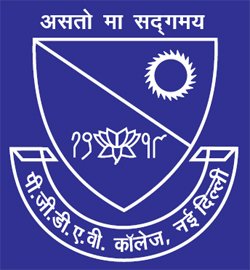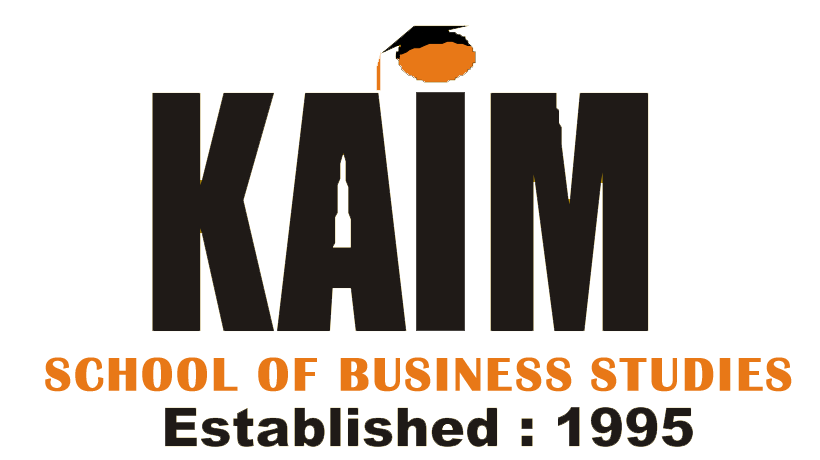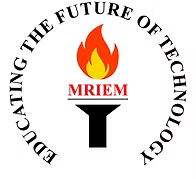MASTER OF ARTS [M.A]
2 Years
General Structure of M.A. Programs:
The M.A. programs at P.G.D.A.V. College (Evening) are designed to provide students with advanced knowledge and critical insights into their chosen subject. The curriculum includes core courses, electives, and a dissertation/project in some disciplines.
The following is a general overview of the M.A. program structure:
-
Core Courses: These are mandatory courses that form the foundation of the program. They cover key theories, concepts, and methodologies in the chosen discipline.
-
Elective Courses: Students may choose electives based on their area of interest. These allow for more specialized study in a particular sub-field within the discipline.
-
Dissertation/Project: Some M.A. programs may require students to complete a dissertation or research project as part of their coursework, which helps them develop research skills.
-
Seminars and Workshops: These provide an opportunity for students to present their work and discuss research trends with peers and faculty.
Popular M.A. Courses Offered at P.G.D.A.V. College (Evening):
1. M.A. in English
The M.A. in English program offers students a deep dive into English literature, focusing on classical and modern works, literary criticism, and theory.
-
Core Areas:
-
Literary Theory
-
Postcolonial Literature
-
Modernist Literature
-
Cultural Studies
-
Indian Writing in English
-
Fiction, Poetry, and Drama
-
-
Skills Developed:
-
Analytical thinking and critical reading.
-
Research and writing skills.
-
Understanding of various literary traditions and schools of thought.
-
-
Career Opportunities:
-
Teaching and academia.
-
Content writing, publishing, and editing.
-
Media, communications, and cultural analysis.
-
2. M.A. in Political Science
The M.A. in Political Science program focuses on the study of political theories, international relations, Indian politics, and public policy.
-
Core Areas:
-
Political Theory
-
Comparative Politics
-
Indian Government and Politics
-
International Relations
-
Public Policy
-
-
Skills Developed:
-
In-depth understanding of political ideologies and systems.
-
Ability to analyze political events, policies, and governance models.
-
Research and data analysis skills in political science.
-
-
Career Opportunities:
-
Political analysis, policy research, government services, international relations, and NGOs.
-
3. M.A. in Hindi
The M.A. in Hindi program provides a comprehensive study of Hindi literature, linguistics, and cultural aspects related to the language.
-
Core Areas:
-
Modern Hindi Literature
-
Classical Hindi Literature
-
Hindi Linguistics
-
Translation Studies
-
-
Skills Developed:
-
Expertise in Hindi literature, language, and culture.
-
Translation and interpretation skills.
-
Research skills in literary analysis.
-
-
Career Opportunities:
-
Teaching, translation, and interpretation.
-
Journalism, media, and publishing in Hindi.
-
Roles in government services related to language and culture.
-
General Admission Requirements:
To be eligible for an M.A. program at P.G.D.A.V. College (Evening), students generally need to meet the following requirements:
-
Educational Qualification:
-
A Bachelor's degree in the relevant field (for example, B.A. in English or Political Science) from a recognized university or institution. The degree should be in a similar or related discipline.
-
-
Minimum Marks:
-
A minimum percentage in the undergraduate program as specified by the University of Delhi (usually around 50% - 60%, but it varies by discipline and cut-off lists).
-
-
Entrance Examination (If applicable):
-
Some programs, such as M.A. in English, may require an entrance exam based on which students will be shortlisted for admission. However, most M.A. programs at Delhi University follow a merit-based admission process (based on undergraduate marks).
-
-
Documents Required:
-
Marksheet of the undergraduate degree.
-
Identity proof.
-
Passport-sized photographs.
-
Category certificate (if applicable).
-
Any other relevant documents as per the university’s admission guidelines.
-
Course Duration:
The M.A. programs typically span two years (four semesters), with each semester consisting of a mix of lectures, tutorials, seminars, and assessments.
-
Year 1: Introduction to advanced concepts, theories, and subject-specific topics.
-
Year 2: Deeper exploration into specialized areas, elective courses, and dissertation writing (if applicable).
Assessment and Evaluation:
-
Internal Assessments: These include assignments, presentations, mid-term exams, and class participation.
-
End-Semester Examinations: The final exams evaluate students' understanding of core and elective courses.
-
Dissertation/Project: In some programs, students may be required to submit a dissertation or research project in their final semester.
Career Opportunities after M.A.:
Upon completion of the M.A. program, graduates can explore a wide range of career options depending on their specialization:
-
Academia: Many students pursue teaching and research at various levels, including universities, schools, and research institutions.
-
Government Jobs: M.A. graduates can appear for competitive exams like UPSC, State PCS, or NET for roles in administration, policy-making, research, and public sector organizations.
-
Media and Journalism: M.A. graduates can work as journalists, editors, content writers, media analysts, or public relations officers.
-
Public Sector: Opportunities in policy analysis, public administration, international relations, and more, in organizations like NGOs, think tanks, cultural institutions, and government agencies.
-
Corporate Sector: M.A. graduates can explore human resources, corporate communications, marketing, and other roles in the private sector.






 OMAWATI686b96fcc7a5c.jpg)